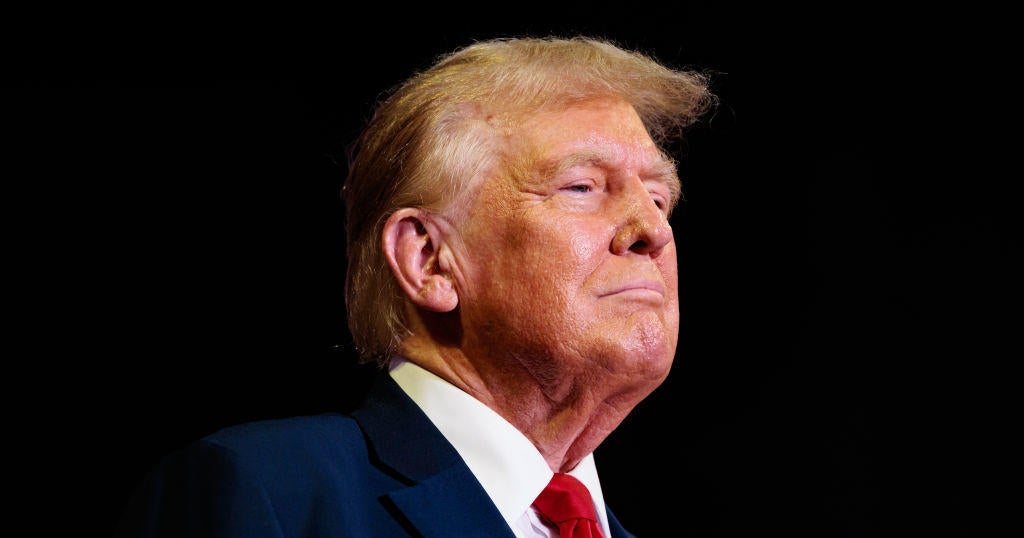
16 Nobel Prize-winning economists are warning that Trump's economic plans could reignite inflation
CBSN
Sixteen of the world's most notable economists — all Nobel Prize winners — are warning that former President Donald Trump could stoke inflation if he wins the presidency in November and moves forward with his economic plans. We the undersigned are deeply concerned about the risks of a second Trump administration for the U.S. economy.
"Many Americans are concerned about inflation, which has come down remarkably fast. There is rightly a worry that Donald Trump will reignite this inflation, with his fiscally irresponsible budgets," according to a letter signed by the economists, who include Joseph Stiglitz, a Columbia University professor who won the Nobel prize for economics in 2001; and Yale professor Robert Shiller, who won the Nobel prize for economics in 2013. Among the most important determinants of economic success are the rule of law and economic and political certainty. For a country like the U.S., which is embedded in deep relationships with other countries, conforming to international norms and having normal and stable relationships with other countries is also an imperative. Donald Trump and the vagaries of his actions and policies threaten this stability and the U.S.'s standing in the world.
The warning comes as the U.S. continues to battle sticky inflation, with the Federal Reserve maintaining the highest interest rates in more than two decades with the goal of cooling the economy and driving inflation down to a 2% annual rate. Even though inflation has cooled from a recent peak of 9.1% in June 2022, inflation-weary Americans are glum about the economy, with 6 in 10 rating it as either bad, fairly bad or very bad, according to the latest CBS News poll. While each of us has different views on the particulars of various economic policies, we all agree that Joe Biden's economic agenda is vastly superior to Donald Trump's. In his first four years as President, Joe Biden signed into law major investments in the U.S. economy, including in infrastructure, domestic manufacturing, and climate. Together, these investments are likely to increase productivity and economic growth while lowering long-term inflationary pressures and facilitating the clean energy transition.
